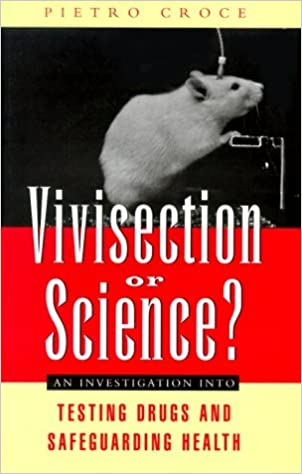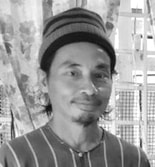Book Review: Alparslan Acikgenc: Islamic Science: Towards a DefinitionThis remarkable book packs a lot of intellectual punch in a relatively compact yet accessible volume, especially considering its focus on the scientific rather than the ethical aspects of vivisection. Here, the prominent Italian doctor, professor and medical researcher from Milan, Pietro Croce, tackles the problem of live animal experimentation (vivisection) from the scientific, methodological and medical rather than from the ethico-moral point of view.
|
Adi Setia
|
|
© Center for Islamic Sciences. All Rights Reserved.
Designed and Developed by Crescent Marketing Solutions |


